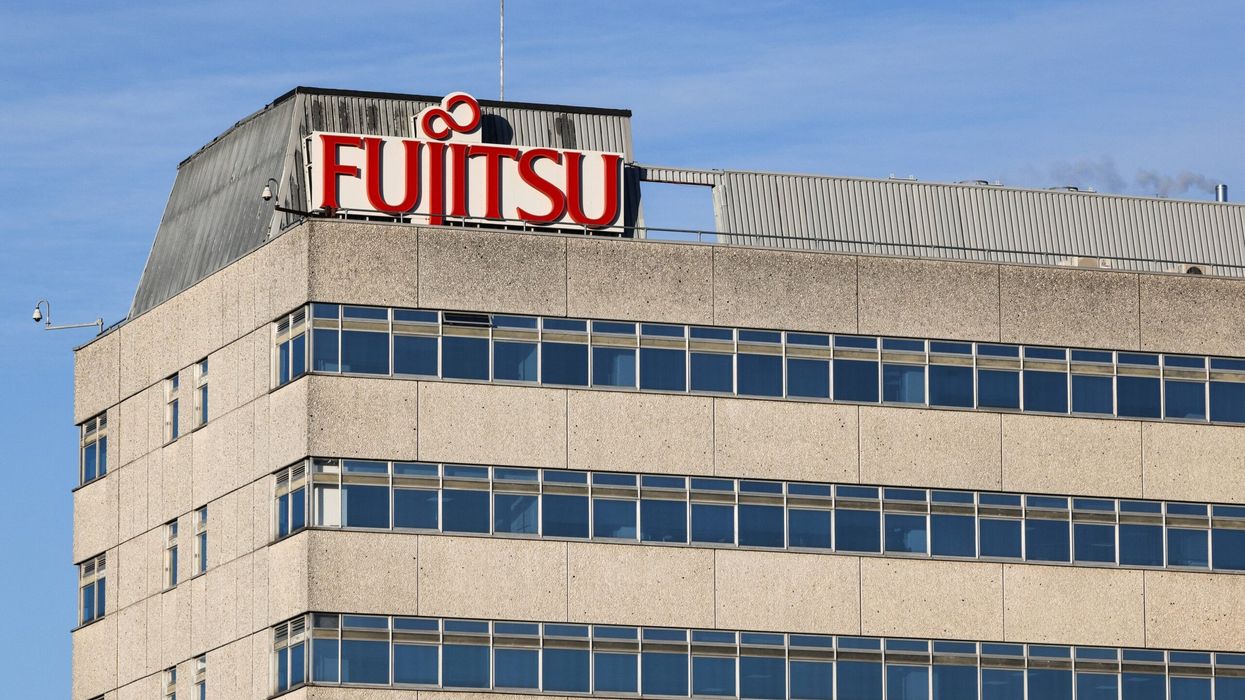SCIENTISTS are using superbugs to convert emissions from Tata Steel’s blast furnaces into sustainable raw materials, according to a statement.
The pilot project, led by the University of South Wales, has been set up at the two huge Port Talbot iron-making furnaces, is showing promising results.
It explores how waste gasses from the steelmaking processes can be harnessed and used to support other industries while reducing the amount of CO2 released, the statement added.
Tata Steel is UK's largest steelmaker with primary steelmaking at Port Talbot in South Wales and employs more than 8,000 people.
Dr Rhiannon Chalmers-Brown from the University of South Wales said: “The process we are testing here bubbles off-gases from the blast furnaces through sewage sludge, which contains a certain type of bacteria which is able to consume both carbon monoxide and carbon dioxide. We’re currently getting quite high levels of carbon utilisation which we think we can increase up to about 98 per cent.
“The waste products from those bacteria include acetic acid and volatile fatty acids which can be used for a huge range of commercially viable end-uses such as paints, bioplastic-polymers or even animal feeds.”
Dr Chalmers-Brown pointed out that every iron and steelmaking technology emits some carbon-based gases, hence the technology has the potential to reduce those emissions.
Gareth Lloyd, process engineering manager from Tata Steel and industry sponsor, said: “This is a great project, which could be a real game-changer and is yet another example of the benefits of working closely with some of our top universities.”
Tata Steel in UK wants to produce net-zero steel by 2050 at the latest and plans to reduce 30 per cent of CO2 emissions by 2030. The company is developing detailed plans for this transition to future steelmaking based on low CO2 technologies, the statement further said.













